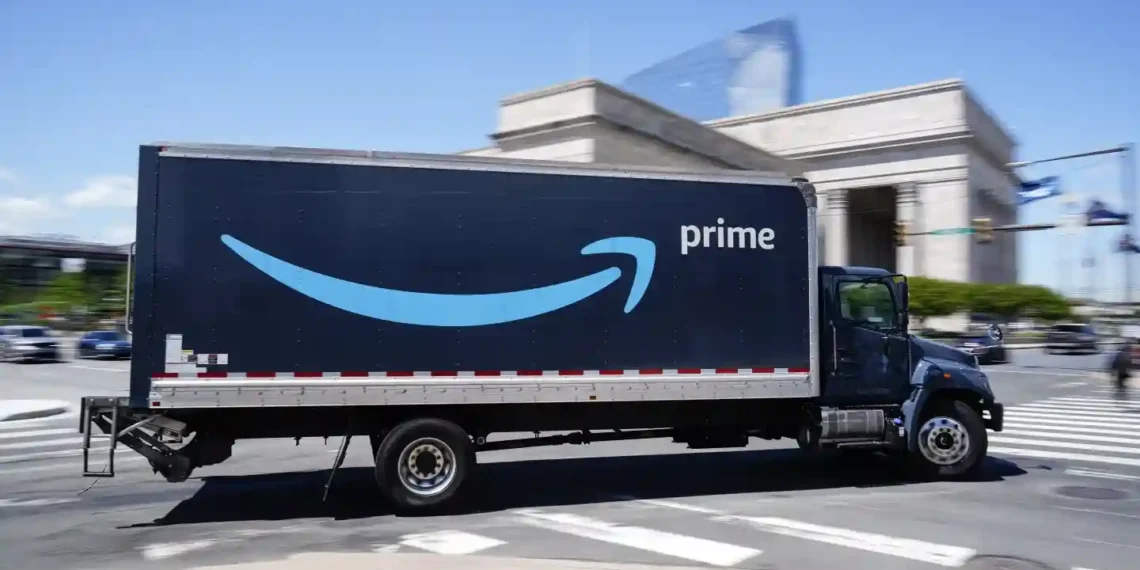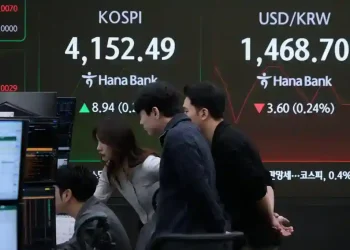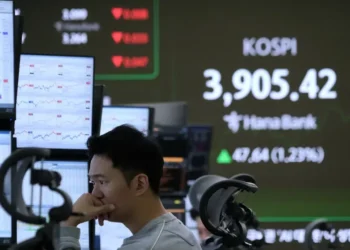Amazon Shuts Down Rumors About Showing Tariff Costs as White House Reacts Fiercely
Amazon has clarified it will not be listing tariff-related import charges alongside product prices on its website, despite widespread speculation — and a heated reaction from the Trump administration — over reports suggesting otherwise.
Earlier on Tuesday, a report from Punchbowl News claimed Amazon planned to break out tariff costs “right next to” product prices. The news immediately drew fire from the White House, which labeled the rumored move a “hostile and political act.”
Amazon quickly responded, saying no such change was approved or even in the works for the broader platform. According to spokesperson Tim Doyle, only Amazon’s Haul storefront — a low-cost, newly launched platform — briefly considered showing import costs on select items. But the idea never advanced.
“It was never approved and is not going to happen,” Doyle said.
Still, the White House’s initial reaction was swift and sharp. Press Secretary Karoline Leavitt accused Amazon of aligning with “a Chinese propaganda arm,” adding political fuel to the economic fire. Reports also indicate that President Trump personally called Amazon founder Jeff Bezos Tuesday morning to express his discontent.
By Tuesday afternoon, the mood had shifted. President Trump praised Bezos in front of reporters before leaving for Michigan, saying, “He solved a problem very quickly and he did the right thing. He’s a good guy.”
Bezos, once part of the elite group seated behind Trump at his inauguration, now finds himself — along with other corporate giants — navigating the unpredictability of ongoing tariff battles that continue to shake global markets.
Economists and business leaders have long warned that Trump’s tariffs, along with retaliation from trade partners like China, could increase everyday prices for consumers and heighten inflation. For companies like Amazon, that’s a balancing act between shielding customers and staying transparent about rising costs.
“Companies are always communicating something with us through receipts,” said Rob Lalka, a professor at Tulane University’s Freeman School of Business. He noted that whether it’s city taxes on hotel stays or local fees in Uber rides, itemized charges aren’t new — and Amazon has used similar approaches before, like listing state sales taxes.
Still, breaking out tariff costs next to each product would have been a bold move — and a highly visible one.
While Amazon distanced itself from the idea, some competitors have already gone there. Chinese-owned Temu and Shein, for example, announced price hikes tied to “recent changes in global trade rules and tariffs.” Temu now includes visible import fees on many listings, while Shein assures customers that tariffs are already baked into the final checkout price.
Some items on Temu have reportedly doubled in cost due to added import charges — unless sourced from local warehouses, which remain tariff-exempt.
Although Amazon denied the rumored pricing change, Lalka believes the idea didn’t come out of nowhere.
“The reality is that politics are always being played,” he said. “And when companies change how prices are displayed, it’s not just business — it’s a message.”
With trade tensions still high and tariff policies shifting, expect more companies to quietly adjust how they pass on those costs — even if it’s not shown front and center in your shopping cart.
This article was rewritten by JournosNews.com based on verified reporting from trusted sources. The content has been independently reviewed, fact-checked, and edited for accuracy, neutrality, tone, and global readability in accordance with Google News and AdSense standards.
All opinions, quotes, or statements from contributors, experts, or sourced organizations do not necessarily reflect the views of JournosNews.com. JournosNews.com maintains full editorial independence from any external funders, sponsors, or organizations.
Stay informed with JournosNews.com — your trusted source for verified global reporting and in-depth analysis. Follow us on Google News, BlueSky, and X for real-time updates.














